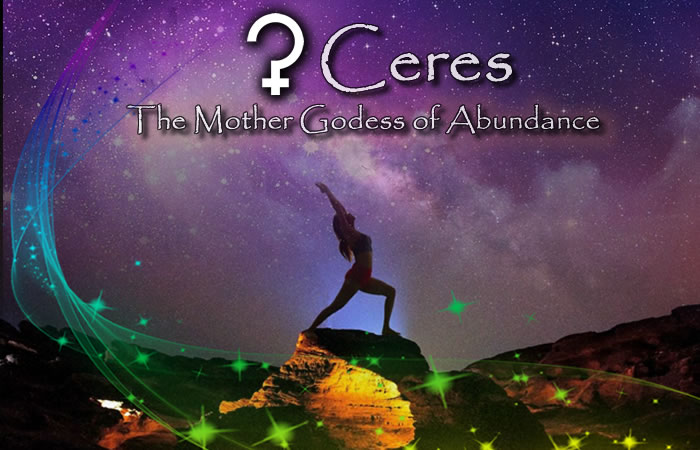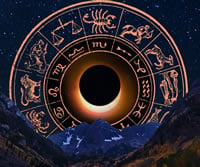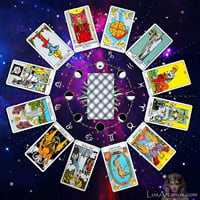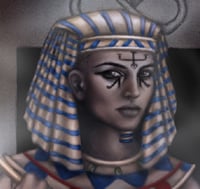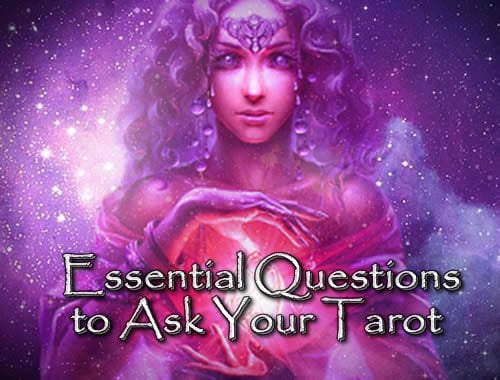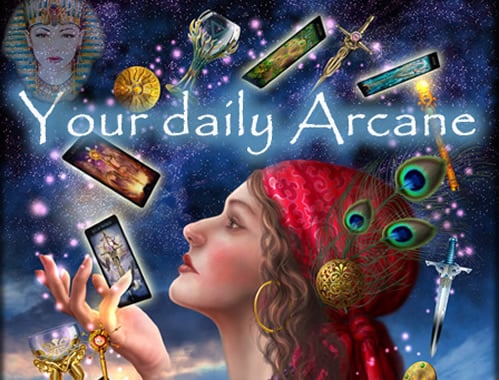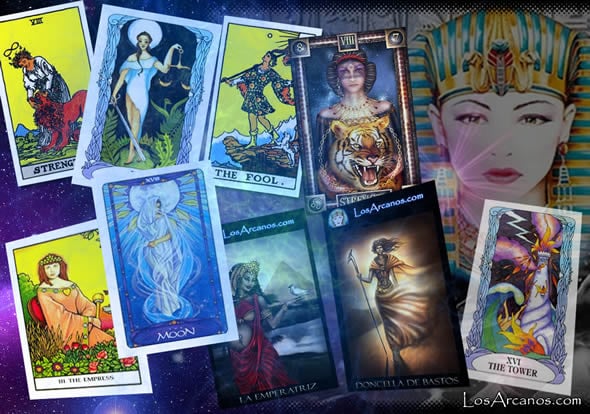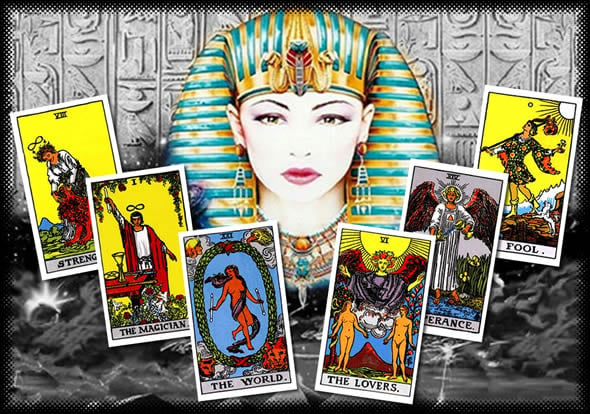
Interpreting Eris in the Natal Chart: The Goddess of Discord
In modern astrology, Eris is a celestial body that has gained prominence in natal chart interpretations since its discovery in 2005. Named after the Greek goddess of discord and chaos, this dwarf planet carries an intense energy that encourages us to confront conflicts, address imbalances, and unearth hidden truths. Eris’ position in a natal chart highlights areas where we face challenges related to justice, equality, and resilience in the face of adversity.

Eris and Xena
Eris was discovered in 2005 using photographs taken in 2003. During its early days, scientists nicknamed the discovery “Xena” after the warrior princess from television. In 2005, it was revealed that Xena had a small moon, which they called “Gabrielle,” after Xena’s companion.
Officially Named Eris
In September 2006, Xena was officially named Eris, in honor of the Greek goddess of discord and strife. Its moon, Gabrielle, was renamed Dysnomia, after the goddess of anarchy and Eris’ daughter. The discovery of Eris stirred chaos in the astronomical community, as it disrupted the known order of the solar system. This upheaval led to the reclassification of Pluto as a “dwarf planet” and the creation of a new category of celestial objects.
Who is Eris, and What Does She Represent in Astrology?
In Greek mythology, Eris is known as the goddess of discord, famously instigating the events that led to the Trojan War by introducing the “golden apple of discord” to a gathering of goddesses. Astrologically, Eris symbolizes disruption, rebellion, and the challenge to oppressive structures, as well as the struggle against exclusion and rejection.
Astrologically, Eris speaks to the need to fight for what we consider just and to confront inequities in both personal and societal contexts. This dwarf planet challenges established norms, pushing us to question the structures that limit our personal and collective growth.
Key Themes Associated with Eris in Astrology:
- Agitation: Eris represents the power to disrupt the status quo, bringing challenges or confrontations that force a new perspective.
- Exclusion and Marginalization: Eris highlights feelings of rejection and the desire to reclaim one’s rightful place.
- Resilience: Despite its chaotic nature, Eris teaches perseverance through adversity, fostering transformation and renewal.
- Truth-Seeking: Associated with speaking uncomfortable truths, Eris reminds us of the importance of authenticity, even if it causes conflict.
- Subverting Norms: With Eris, one can expect challenges to traditional systems, encouraging the exploration of unconventional paths and ideas.
Eris is a powerful force of change, often ushering in growth through conflict or exclusion, but ultimately providing opportunities for profound personal transformation.
Eris in the Natal Chart
Eris’ position in a natal chart reveals how and where an individual may encounter challenges involving power dynamics, justice, and equality. It also highlights the ways we respond to adversity and how we can use those experiences to empower ourselves and transform our circumstances.
Eris in the Houses
- Eris in the First House
In the house of identity, Eris brings a combative and defiant nature. These individuals often challenge societal norms and exude an intense presence. They fight to remain authentic, resisting attempts to confine them to predefined roles. - Eris in the Second House
Here, Eris stirs tensions around material security and self-worth. These individuals often redefine what prosperity means, challenging traditional notions of wealth through unconventional methods. - Eris in the Third House
In communication, Eris manifests as a disruptive yet innovative voice. These individuals challenge conventional ideas and aren’t afraid to broach taboo topics, often using words as tools for change. - Eris in the Fourth House
In the realm of home and family, Eris may indicate conflicts with familial traditions or domestic tensions. These individuals strive to build a home that reflects their true values, even if it disrupts familial expectations. - Eris in the Fifth House
Creativity and self-expression take on a unique and rebellious tone. These individuals challenge artistic and romantic norms, often engaging in intense and transformative relationships. - Eris in the Sixth House
In work and health, Eris questions unjust or outdated systems. These individuals may advocate for social justice in their careers or explore unconventional approaches to wellness. - Eris in the Seventh House
In relationships, Eris can create power struggles or highlight imbalances. These experiences push for deeper authenticity and equitable partnerships. - Eris in the Eighth House
Transformation and intimacy become central themes. Eris helps these individuals confront fears, tackle taboos, and emerge stronger from crises. - Eris in the Ninth House
Philosophical and spiritual exploration takes a bold, unconventional path. These individuals question traditional beliefs and embrace new paradigms of understanding. - Eris in the Tenth House
Professionally, Eris disrupts norms and challenges authority. These individuals seek to create meaningful change in their field, often becoming pioneers or reformers. - Eris in the Eleventh House
In group dynamics, Eris fosters a deep connection to social justice causes. These individuals are often at the forefront of revolutionary movements, pushing for societal transformation. - Eris in the Twelfth House
Hidden fears and unconscious patterns come to light. Eris urges these individuals to confront their inner shadows, offering profound spiritual transformation.
Eris by Sign
Eris’ placement by sign highlights how her energy manifests. For example, in Aries—where she has resided for decades due to her slow orbit—her influence is combative, encouraging individuals and societies to fight for justice and face adversity with courage.
Eris and Society
Eris’ influence extends beyond personal charts, reflecting broader societal movements. Her energy resonates with activism and efforts to challenge systemic oppression. Since her discovery, she has been linked to pivotal social movements advocating for equality and justice.
Conclusion: Eris as a Catalyst for Change
Eris, as the goddess of discord and justice, invites us to reflect on how we face challenges and contribute to a more equitable world. In the natal chart, her placement serves as a reminder that conflict is not inherently negative—it can be a powerful catalyst for transformation and empowerment.
Understanding Eris in the natal chart not only helps us explore personal resilience and struggles but also connects us to a larger purpose: challenging outdated structures and embracing change as a path to growth. Ultimately, Eris teaches us that from chaos can emerge a new, more authentic and balanced order.4o
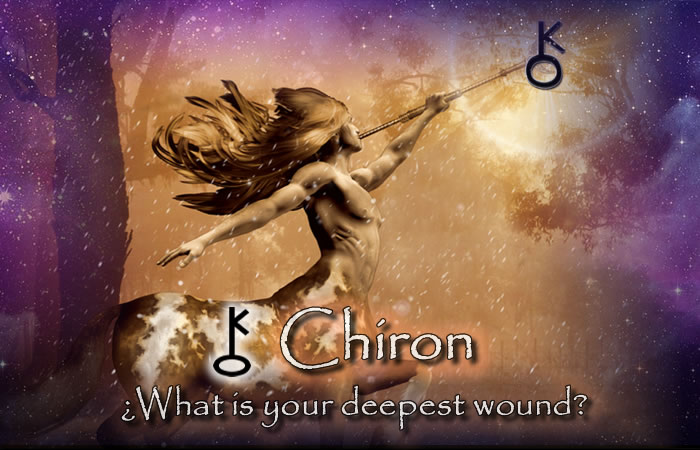
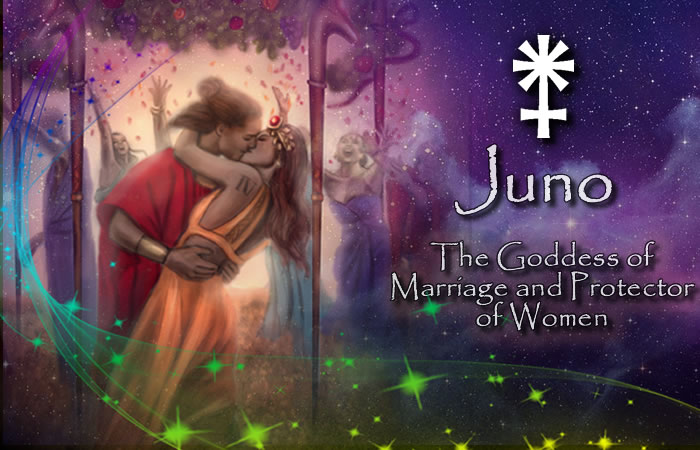
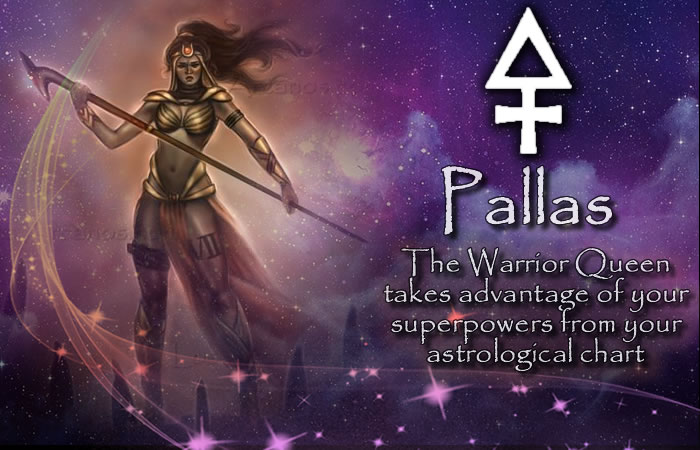
refreshBack to Articles
Related Posts
latest articles
Think and write what concerns you. Ask open-ended questions. The Tarot will give you a response so that we can make appropriate decisions and solve problems
The Today`s Tarot will give you an idea of what your day might look like today. If you don`t like what it has to say, maybe changing your mindset to something more positive or ...
Browse through our entire collection of Tarot decks and cards.
earn the basic meanings of Tarot reading through explanations of the Major Arcane, Minor Arcane and Court cards in Thirteen`s Tarot Card Meanings.


